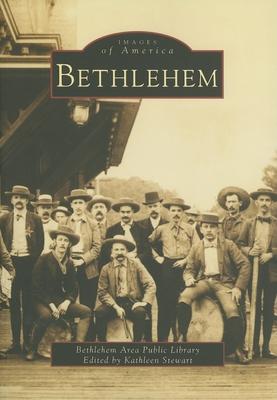On Christmas Eve of 1741, a group of Moravians founded the mission community of Bethlehem, Pennsylvania, and like its namesake, it became a bright beacon of hope.
The Moravians, a Protestant denomination, envisioned Bethlehem as a support center for missionaries, intent on converting Native Americans and other German-speaking Pennsylvanians, but it became much more. Moravian traditions are still strong in this town, from the preservation of the original stone buildings on Church Street to the sounds of the Trombone Choir on Easter morning. Yet with the arrival of industrialists and new immigrants into the area, Bethlehem evolved into a center of heavy industry and trade in the 19th century, the second-largest steel producer in the world, after its neighbor Pittsburgh. In addition to the ubiquitous steel mills, there also came silk mills, railroads and canals, all shaping Bethlehem to resemble the one we know today. In the process, Bethlehem evolved into a graceful place, famous for its institutions of higher learning and for steel production. This collection is a reinterpretation of the photograph exhibit that graced the windows of the Bethlehem Area Public Library during the city's 250th anniversary celebration, covering the years between 1845 through 1900. The original exhibit consisted of 350 photographs, selected from more than 600 submitted by area residents from their personal collections.
